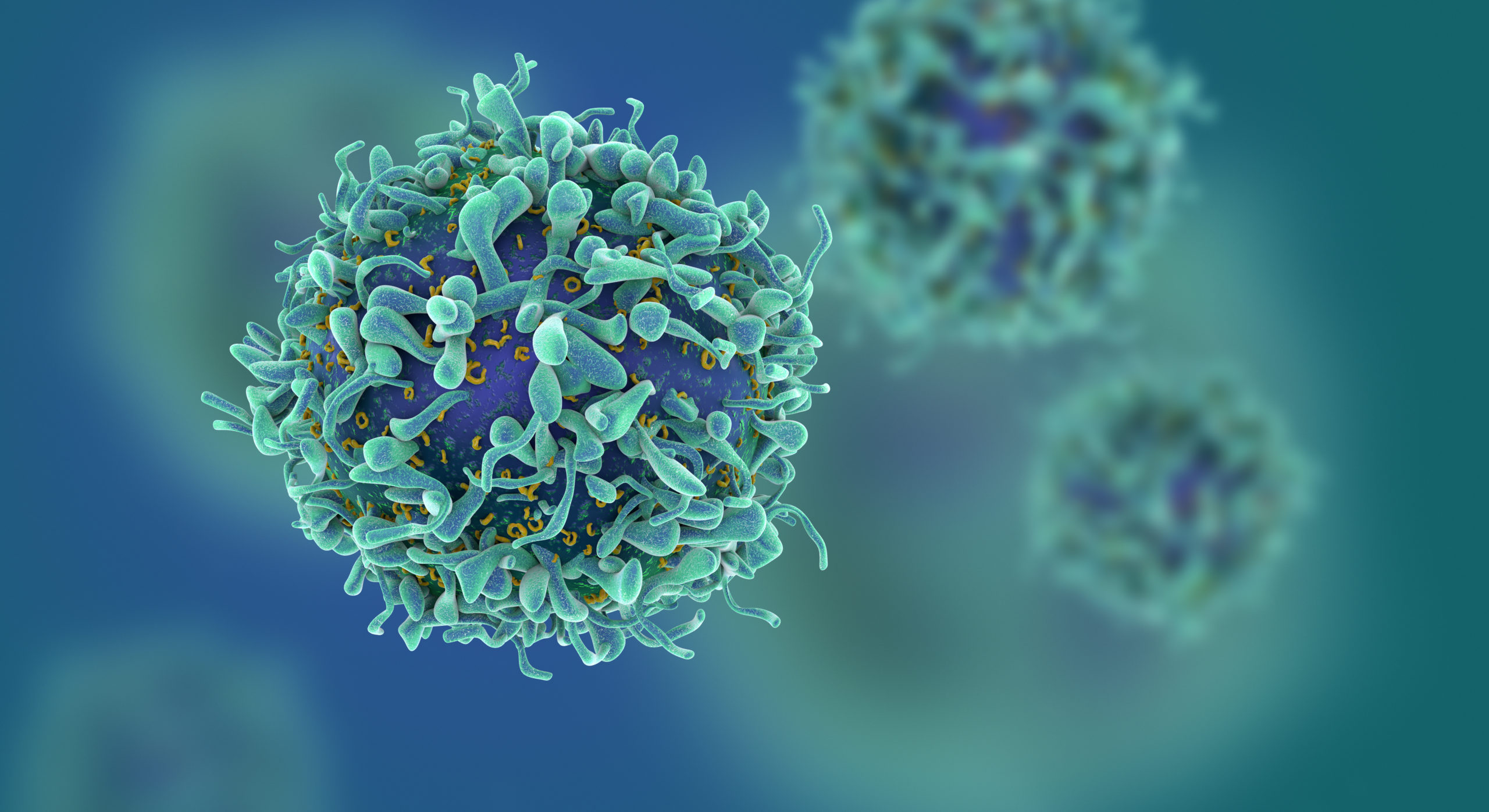Tag: Research
-

New Therapeutic Target Identified in Prostate Cancer
A Northwestern Medicine study has revealed new insights into a pathway in prostate cancer and identified a potential new therapeutic target for aggressive disease.
-

New Insights Into Reward-Motivated Behavior
The ventral striatum, a small part of the brain’s basal ganglia, directs behavior by assigning a reward dimension to everyday items, according to a recent study.
-

Chromosome Domain Inherits Information Without Using DNA Sequence
A recent study found that stability of chromatin structures across DNA replication requires cooperation between a histone chaperone and DNA replication machinery; a mechanism of epigenetic inheritance.
-

High Blood Pressure Before Age 40 Linked to Heart Disease
Adults who develop high blood pressure before the age of 40 are at a significantly higher risk for cardiovascular events later in life, according to a Northwestern Medicine study.
-

Origin of Neuromodulator in the Retina Pinpointed
Northwestern Medicine scientists have discovered that amacrine cells produce nitric oxide, a neuromodulator that regulates blood dilation, in a recently published study.
-

Critical Mass
Armed with a prestigious new grant, investigators prepare to rapidly translate scientific breakthroughs into better brain tumor therapies. Read the story in Northwestern Medicine magazine.
-

An Exceptional Cancer Center
The Lurie Cancer Center solidifies its place among the country’s elite after extraordinary growth and a top rating from the National Cancer Institute. Read the story in Northwestern Medicine magazine.
-

Les Turner ALS Symposium Celebrates Research and Patient Care
The 8th Annual Les Turner Symposium brought together investigators, clinicians, patients and families to share the latest discoveries in ALS research, promote scientific collaboration and provide patient education.
-

Genetic Variants in Caffeine Perception
The more sensitive a person is to the bitter taste of caffeine, the more coffee they tend to drink, according to a new study.
-

Krainc Honored at American Neurological Association Meeting
Dimitri Krainc, MD, received the Soriano Award at the American Neurological Association (ANA) 143rd Annual Meeting.






